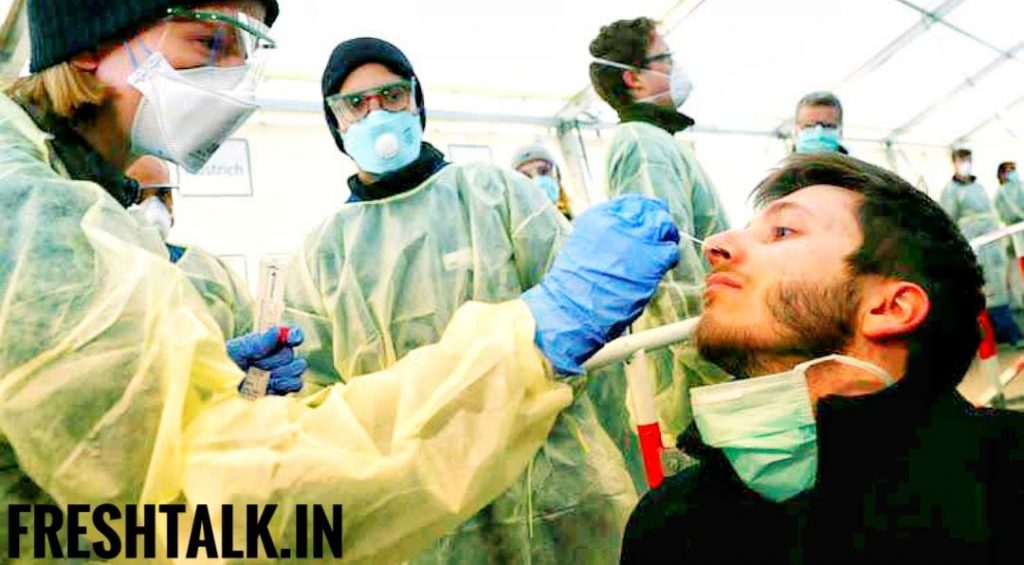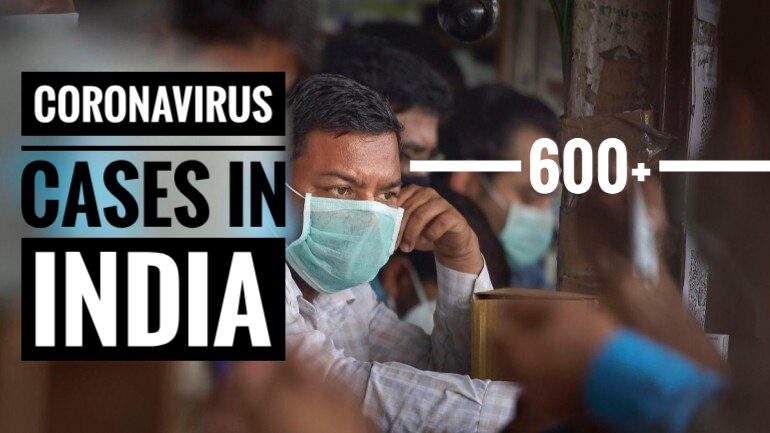Pooled testing has proven to be effectual in many parts of the country as it carries out tests on a larger scale of people, which in turn reduces the burden on the laboratories. The Indian Council of Medical Research (ICMR) has also approved of using it in areas where the prevalence of the pandemic is less than 5%.
In the process, multiple swab samples are accumulated from various person who may have come in contact with the coronavirus and togetherly testing them using only one real time polymerase chain reaction (RT- PCR) kit. If the result comes out to be negative, it is inferred that the entire group is COVID- 19 negative. However, if it tests positive, it points out that anyone among the group is a victim of SARS-CoV2. Thus, each of the samples need to be re-tested individually to find out the positive case. This method has been appreciated highly in areas where there are minimal cases of infection as it can detect asymptomatic patients and prevent community transmission.
The ICMR committee are in favour of pooled testing but warns that only five samples should be tested at once. Using more than five samples simultaneously may culminate in ambiguous results, increasing the chances of missing the positive samples if the “viral load” is quite feeble. Though individual tests are more reliable and explicit, yet pooled testing is decisive for India because of its huge population and inadequate medical and testing resources and trained workforce.

Andaman and Nicobar Islands, with 16 coronavirus cases till now, is the first in our country to execute this strategy. Following their foot- steps, Uttar Pradesh started it in mid- April and Haryana is also on their track now.
Pooled testing has shown significant results in countries like Germany and Israel. This method has been unfolded by the scientists at the German Red Cross Blood Donor Service in Frankfurt and the Institute for Medical Virology at University Hospital Frankfurt under Goethe University.

